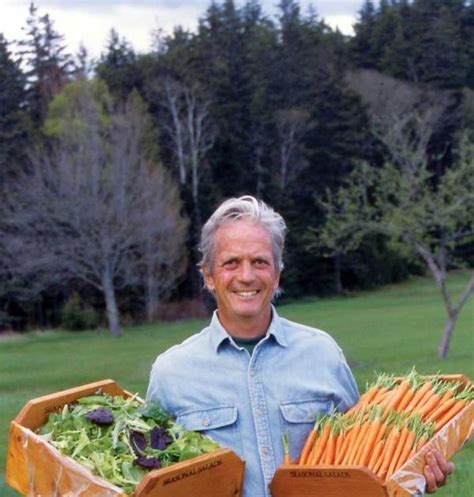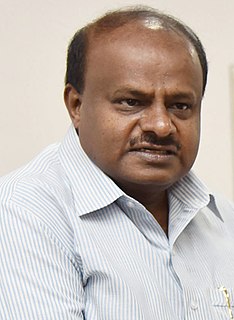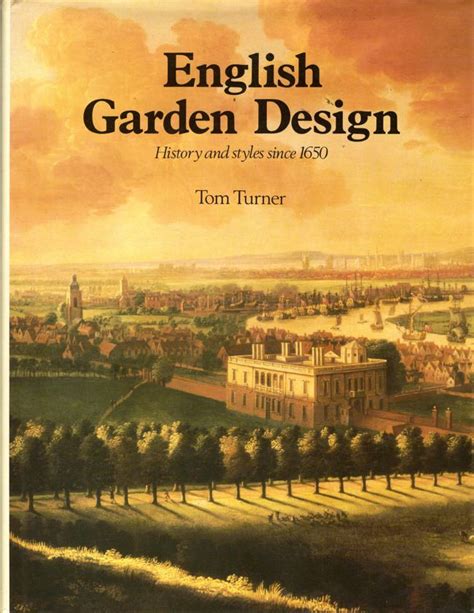A Quote by Bill Mollison
Permaculture offers a radical approach to food production and urban renewal, water, energy and pollution. It integrates ecology, landscape, organic gardening, architecture and agro-forestry in creating a rich and sustainable way of living. It uses appropriate technology giving high yields for low energy inputs, achieving a resource of great diversity and stability. The design principles are equally applicable to both urban and rural dwellers
Quote Topics
Achieving
Applicable
Approach
Appropriate
Architecture
Both
Creating
Design
Diversity
Dwellers
Ecology
Energy
Equally
Food
Food Production
Gardening
Giving
Great
Great Diversity
High
Landscape
Living
Low
Offers
Organic
Permaculture
Pollution
Principles
Production
Radical
Renewal
Resource
Rich
Rural
Stability
Sustainable
Technology
Urban
Urban And Rural
Urban Renewal
Uses
Water
Way
Yields
Related Quotes
Permaculture is the conscious design and maintenance of agriculturally productive ecosystems which have the diversity, stability, and resilience of natural ecosystems. It is the harmonious integration of landscape and people providing their food, energy, shelter and other material and non-material needs in a sustainable way. Without permanent agriculture there is no possibility of a stable social order.
As the world's "most dynamic" cities seek to manage their own urban growth, American state and local officials have much to offer. Our mayors can share their experiences in urban design, clean energy projects, Smart Grids, codes for energy efficient buildings, transportation safety, and innovative environmental solutions.
Permaculture is a design system for creating sustainable human environments...Permaculture uses the inherent qualities of plants and animals combined with the natural characteristics of landscapes and structures to produce a life supporting system for city and country, using the smallest practical area.
The only truly dependable production technologies are those that are sustainable over the long term. By that very definition, they must avoid erosion, pollution, environmental degradation, and resource waste. Any rational food-production system will emphasize the well-being of the soil-air-water biosphere, the creatures which inhabit it, and the human beings who depend upon it.
The UK still has time to accelerate the take-up of renewable energy and put the nation on a path towards clean energy that is cheaper, stable and more sustainable. We have a stark choice: We can stay stuck in the last century's boom and bust approach to our economy in the way we consume energy and resources, or create a sustainable, stable and renewable energy infrastructure with the long term environmental and employment benefits that ensue
Building a smarter grid has long been a key part of our government's plan to modernize our energy infrastructure and provide clean, reliable affordable power to consumers. By supporting Ryerson's Centre for Urban Energy we are building a whole new landscape for innovations that will be the backbone for our energy system for future generations.
Permaculture principles focus on thoughtful designs for small-scale intensive systems which are labor efficient and which use biological resources instead of fossil fuels. Designs stress ecological connections and closed energy and material loops. The core of permaculture is design and the working relationships and connections between all things.
































